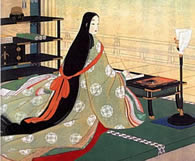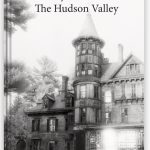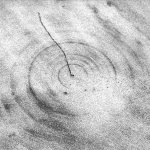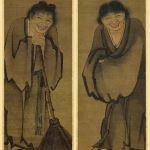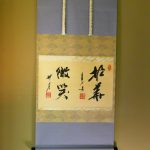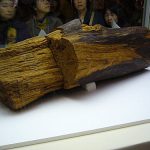Red Hot Stove
On the red hearth, one flake of snow
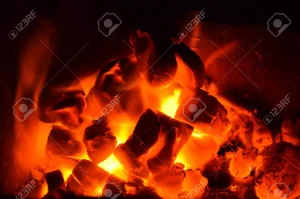
I love the image of a flake of snow that’s landed on the red hot stove. Gone in an instant. This phrase is from a koan in the Blue Cliff Collection, Case 69 Nansen Draws a Circle.
Three Zen friends were on their way to pay respects to the National Teacher. At one point they stopped, and Nansen drew a circle on the ground and said, “If you can speak, we’ll go on.” The story tells the various responses from his friends.
What I love about this story is the introduction to the koan by Engo. He says, “Patchrobed monks who have passed through the forest of prickly briars are like snow on a red hot oven.”
The briars and thickets are my likes and dislikes, my questioning of right and wrong, good and bad.
In Japanese the phrase is”Koro itten no yuki.” Here it is on a scroll.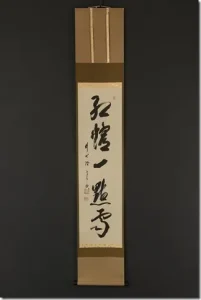
Yamada Koun commentary:
“The forest of prickly briars” refers to our own concepts and thoughts which catch us up constantly, depriving us of our freedom. Man may be “the measure of all things” because our ability to think gives us supposed dominion over the rest of nature. But, from another standpoint, this very ability to think is the source of all our suffering.
The patchrobed monks (it need not be just monks!) who have passed through this forest of prickly briars (through the practice of Mu or Shikantaza, for example) are “like snow on a red hot stove.” If a pinch of snow were placed on a red hot stove, it would immediately melt and evaporate. In the same way, when you stand up, there is just that standing, with nothing else remaining.
All other concepts have disappeared like snow on a red hot stove.
And when you sit down, there is just that sitting, without a trace of standing left over.
Every moment of our lives is like this. Just that moment.
Each second disappears like snow on a red hot oven. Standing, sitting, eating, sleeping, laughing, crying.
The content is always completely empty.

